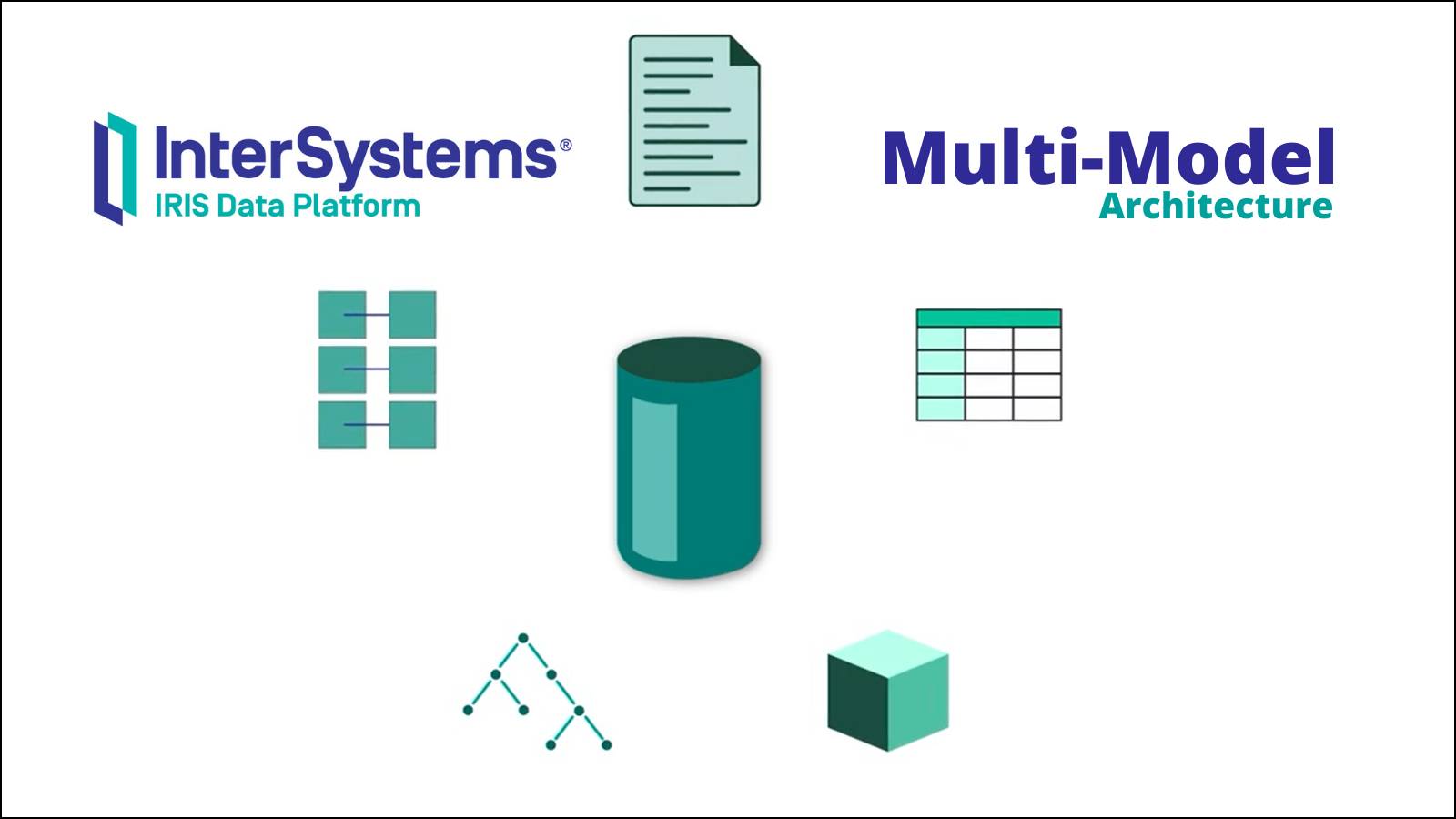Hi everyone,
today I'm asking your help with an issue related to the response messages sent from my production to a client software, such as Postman or SoapUI.
Issue
In the last few days I've been unable to view the responses received from my production in Postman, even if I was able to do so earlier. I'm sending the request to a remote server reachable via a Putty tunnel.
Postman Test
I'm currently testing this simple POST message:
{
"name": "John Doe",
"email": "johndoe@example.
.png)
.png)
